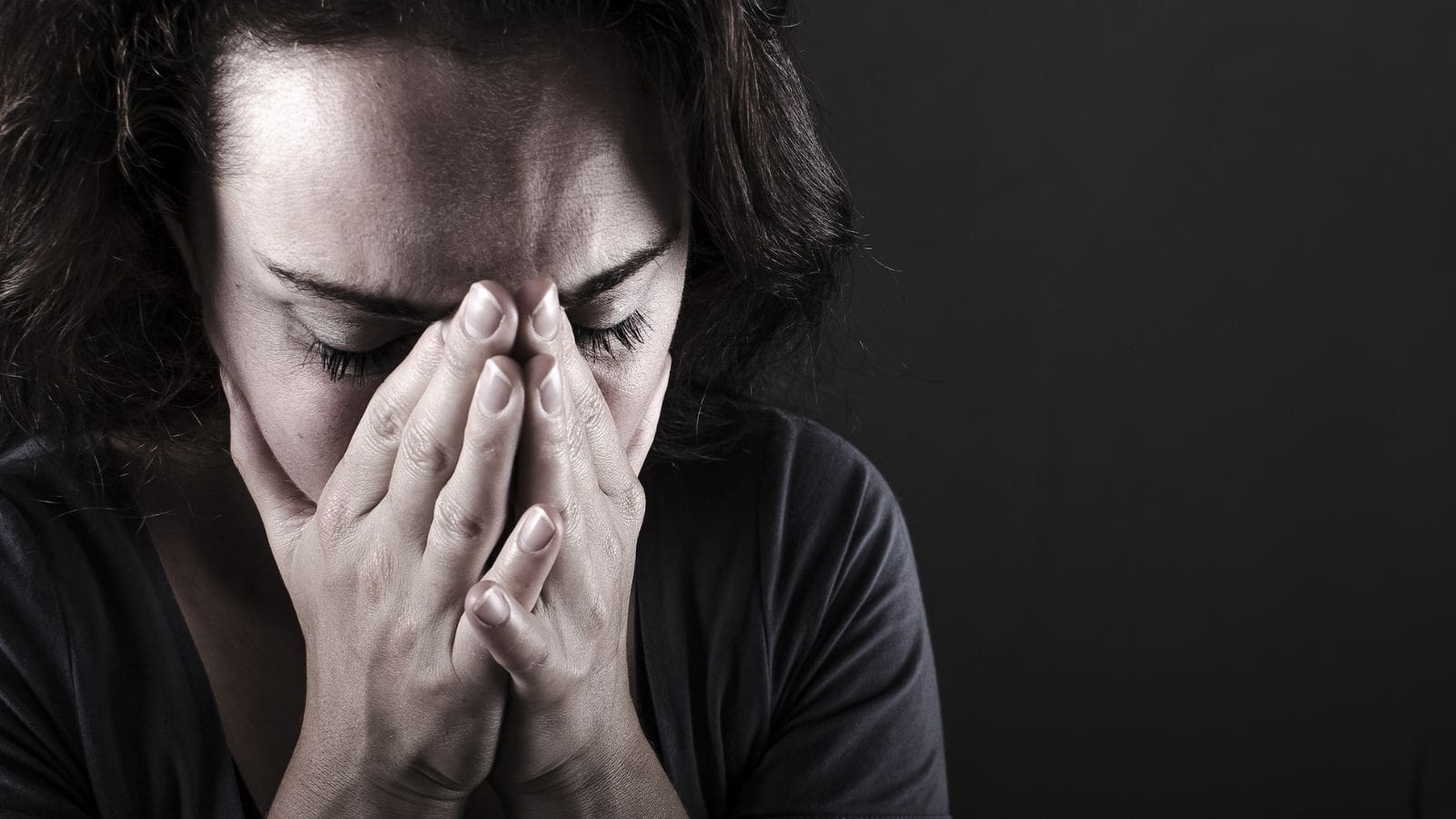Hate doesn’t just appear out of nowhere. It usually comes from deeper problems that affect how people think and act. While no one sets out to become hateful, certain traits and habits can lead someone down that path.
In this post, we’re going to look at a list of common traits hate-filled people share, even if they don’t realize it themselves.
They Suffer From Unresolved Trauma

Hateful people often carry around old wounds they’ve never dealt with. Instead of healing, they bottle up their pain and project it onto others. Whether it’s from a rough childhood, a failed relationship, or some other personal struggle, this unresolved trauma fuels their anger.
Over time, it creates a cycle where their hurt turns into hate. They may not even realize that their bitterness is rooted in their own pain, making it nearly impossible for them to move forward in a healthy way.
They Struggle With Low Self-Esteem

People filled with hate often feel bad about themselves deep down. They might not show it, but their harsh judgments of others come from their own insecurities. Putting others down makes them feel a little better about their own flaws, even if it’s just for a moment. Instead of building themselves up in healthy ways, they tear others down.
This creates a cycle where their low self-worth feeds their hate, making it harder for them to see anything positive.
They Fear Losing Control

Sometimes, people feel like they’re losing control over their lives. Fear makes them lash out at others as a way to feel powerful. Whether it’s dominating conversations, criticizing someone’s choices, or clinging to outdated ideas, they use hate as a shield. These people may target others who think or act differently because it threatens the sense of order they desperately want.
They Lack Empathy

A big sign of a hate-filled person is their inability to see the world through someone else’s eyes. Without empathy, they don’t think about how their words or actions affect others. It’s very easy for them to dismiss other people’s feelings or label them as “less than.” Instead of trying to understand someone else’s perspective, they focus only on their own opinions and frustrations.
They Get Jealous of Others’ Success

Hateful people often feel bitter when they see someone else doing well. Instead of being happy for others, they see success as a reminder of their own failures. This jealousy makes them criticize or downplay other people’s achievements. Deep down, they wish they could have what others have, but instead of working for it, they let their envy turn into resentment.
They Fear Change

Change can feel scary, but for people who don’t care much about others, it’s downright terrifying. They cling to the way things have always been and get angry when the world moves forward. Whether it’s new technology, social norms, or different lifestyles, they see change as a threat.
Instead of adapting, they resist, often blaming others for the discomfort they feel. As such, they never really grow, and they get stuck in the past, which fuels their hatred for anything or anyone different.
They Feel Entitled

They may also believe they deserve more than what they have. It could be respect, success, or material things, it doesn’t matter. Hateful people think life owes them something. When reality doesn’t match their expectations, they get angry and blame others.
They Overuse Stereotypes

Hateful people often rely on stereotypes instead of getting to know people as individuals. They lump entire groups together based on limited experiences or assumptions. This oversimplified way of thinking helps them justify their hate because it’s easier to blame a group than to look at the bigger picture.
They Hold Grudges

Letting go of past hurts is hard for people who have nothing but contempt for others. They hang onto grudges, replaying old arguments and slights in their minds. Such an obsession with the past makes them bitter and keeps them from moving forward.
Instead of forgiving and forgetting, they hold onto their anger like it’s a badge of honor. This only makes them more miserable in the long run and stops them from building healthier relationships.
They Think Negatively All the Time

If you know someone who’s never happy, you may have noticed that they focus on the bad in every situation. They find faults, dwell on problems, and ignore anything positive. It comes as no surprise that a negative outlook affects how they see others and the world around them.
Over time, this constant negativity makes them bitter and reinforces their hateful attitudes, creating a cycle that’s hard to break.
They Avoid Taking Responsibility

Blaming others comes naturally to hate-filled people. They don’t like to admit when they’re wrong or take responsibility for their actions. Instead, they shift the blame, pointing fingers at anyone but themselves. A lack of accountability lets them avoid facing their own flaws, but it also keeps them stuck.
Without owning up to their mistakes, they can’t learn or grow, leaving them in a constant state of frustration and resentment.
They Can’t Handle Differences

People who harbor a lot of hate often struggle with anyone who thinks, looks, or acts differently than they do. They see differences as threats instead of opportunities to learn or grow. This intolerance makes it easy for them to hate groups or individuals who don’t fit their narrow view of the world.
They Don’t Communicate Well

If someone is full of hate, they often have trouble expressing themselves in healthy ways. Instead of talking things out, they use insults, sarcasm, or passive-aggressive behavior. They develop poor communication and, as such, create many misunderstandings and fuel conflict, making it harder for them to resolve issues.
They Constantly Seek Validation

Hateful people crave validation from others who share their views. They surround themselves with like-minded people to reinforce their beliefs, no matter how toxic they are. This need for approval makes them blind to other perspectives and keeps them trapped in an echo chamber. The more they seek validation, the harder it becomes for them to question their own attitudes or behavior.
They Let Pain Define Them

And finally, don’t forget that many hate-filled people have been hurt deeply in the past, and they carry that pain with them every day. Instead of processing it in a healthy way, they let it define who they are.
This unresolved hurt turns into anger, and that anger spills out as hate. They may not even realize how much their past controls them, but until they face it, they’ll remain stuck in a cycle of bitterness and negativity.
